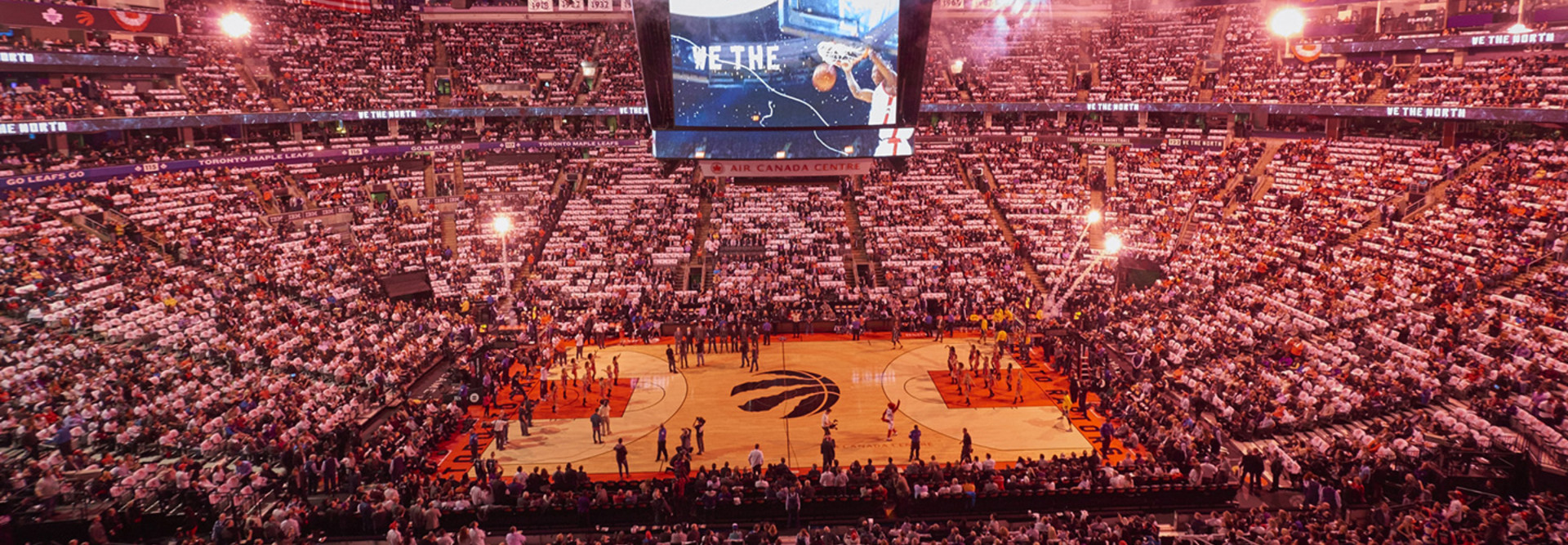Sloan 2016: Sports Teams and Leagues in Search of the Big Data Boost
Sports teams see two major benefits in data analytics: improvement of athletes’ performance and enhancement of the stadium experience for fans.
Experts on a panel titled “The Rise of Big Data in Sports” at the MIT Sloan Sports Analytics Conference identified several challenges that teams face in achieving these benefits. But many sports organizations are overcoming these challenges and finding ways to make their athletes, teams and stadiums better.
One of the main demands on organizations looking to use data analytics is to have sufficient processing power to digest the data. But even before that, they must find the data that’s relevant to the questions they’re asking, and they have to understand why it’s relevant, says Norbert Herman, a worldwide offering leader for media and entertainment analytics at IBM.
“Our biggest focus is trying to understand the questions that we’re asking about the data,” Herman adds.
Access to Data Doesn’t Always Translate to Use
Organizations are coming up with innovative ways to collect data on athletes and performance. For example, Intel embedded sensors on snowboards being used in competition at the X Games. These sensors generated data about factors such as speed, flight path, flight time and landing impact. The data enhanced safety and helped board-makers improve the construction of the snowboards, says Gayle Sheppard, general manager of Intel’s Saffron Technology Group.
The PGA compiles data though its ShotLink system, which tracks the position of every golfer’s shot on a course and provides both real-time information and historical data. This information is made available to all PGA players. Some use it in numerous innovative ways, while others don’t use it, says Steve Evans, senior vice president for information systems with the PGA.
Evans adds that pro golfer Brandt Snedeker factors this data into important decisions such as club selection and where he aims his shots. The PGA also uses ShotLink to help course designers figure out how to configure courses for optimal play, such as pin placement for every hole.
The disparity in ShotLink use by PGA players is representative of the resistance to adoption of data analytics in many sports. Noah Fischbach, general manager for sports with Gracenote, says many teams will have access to advanced data, but the teams that analyze it better will give themselves a competitive advantage. Even if the advantage is small, in a competitive environment, it could spell the difference between winning and losing.
“Any fractional, marginal gain that you can get is huge,” says Angus McNab, vice president of content distribution for the Perform Group, a sports media company.
McNab adds that improving performance also helps teams gain revenue and improve the fan experience. Fans are much happier when their favorite team is winning. Analytics also help to explain the game on a new level to increase fan engagement.
Data Drives Fan Engagement
Many teams are using data analytics to gain a better understanding of what is going on at stadiums and what keeps fans engaged. They use tracking technology to see when fans are paying attention to a game or when they may be looking at their mobile devices. This gives teams insight into what moments are most engaging.
Some teams are even tracking television viewership in the same way to understand when and why fans are changing channels.
The more data they have, and the better their analysis of it, the greater the degree to which teams can personalize the fan experience. As the technology improves, organizations are finding innovative ways to use data to engage with fans.
“The data we have today is so much more powerful,” Fischbach says, “and it’s going to allow us to do things we’ve never done before.”
For more information from the show, check out our complete coverage from the 2016 MIT Sloan Sports Analytics Conference.









